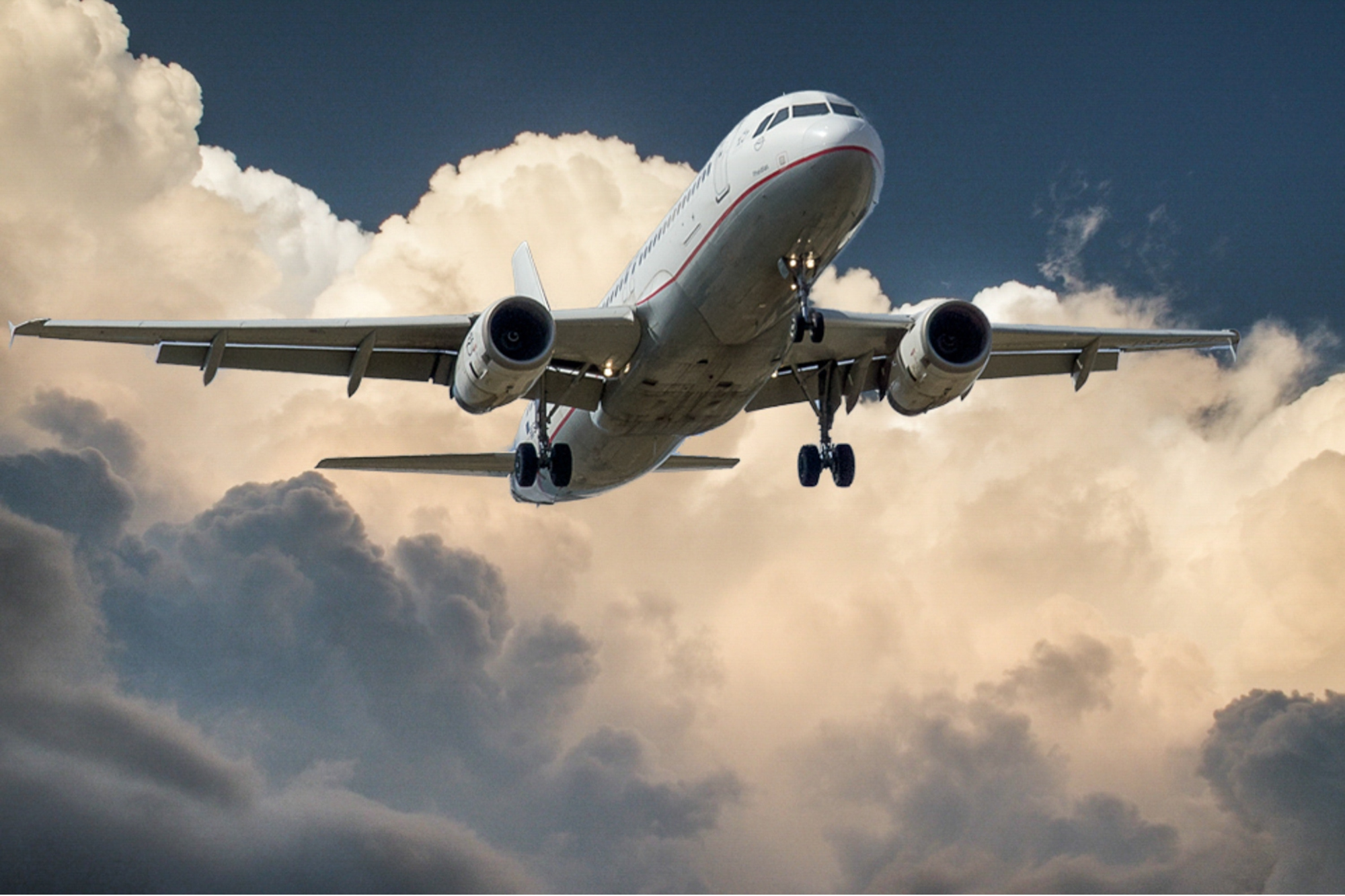What Does Modi's International Visit Means For Indian Aviation? Boeing is proud to be playing a key role in the rapid expansion of India's commercial aviation market, says Boeing president and CEO David L. Calhoun. Calhoun met with Indian Prime Minister Narendra Modi in Washington, to discuss the importance of Boeing's eight decades of aerospace partnership with India
Opinions expressed by Entrepreneur contributors are their own.
You're reading Entrepreneur India, an international franchise of Entrepreneur Media.

Boeing President and CEO David L. Calhoun met with Indian Prime Minister Narendra Modi in Washington, to discuss the importance of Boeing's eight decades of aerospace partnership with India.
"Boeing is proud to be playing a key role in the rapid expansion of India's commercial aviation market, and in the mission readiness and modernization of the nation's defense forces," said Calhoun.
"We support Prime Minister Modi's Make in India initiative, with more than 5,000 people in India pursuing high-quality careers doing innovative work on the Boeing team. Our growing investments in India underscore not only the strength of Boeing's partnership with the nation, but also the positive trajectory of the broader U.S.-India economic relationship."
Boeing continues to build on its longstanding commitment to India's commercial aviation and defense sectors. This week at the Paris Air Show, Boeing announced new services contracts in India, as well as the finalization of Air India's order of up to 290 new Boeing jets.
As air travel peaks, India is expected to overtake China and the United States as the world's third-largest air passenger market in the next ten years, by 2030, said a report by the International Air Transport Association (IATA). In FY22, airports in India pegged the domestic passenger traffic to reach 166.8 million, a 58.5 per cent year-on-year (YoY) increase and international passenger traffic to reach 22.1 million, a 118 per cent YoY increase, as compared to FY21. Domestic traffic contributes around 69 per cent of the total airline traffic in South Asia and India's airport capacity is expected to handle 1 billion trips annually by 2023. India aims to have 220 new airports by 2025, said Jyotiraditya Scindia, minister of civil aviation.
Echoing the sentiment, the 2023 Paris Air Show witnessed a humongous fleet expansion order from Indian airlines.
India's newest airline announced an order for four additional Boeing 737-8 jets at the Paris Air Show, a follow-up to the already placed order of 72 aircraft taking it to a total of 76 aircraft which include 23 737-8s and 53 high-capacity 737-8-200 aircraft. The airline is also on course to announce another significant three-digit aircraft order by the end of 2023.
As Akasa Air targets to commence international operations by the end of 2023, the additional order of four 737-8s will fortify the airline's plans to strengthen its expansion strategy.
IndiGo, India's largest airline with market share of almost 60 per cent, defining its long-term future, placed a firm order for 500 Airbus A320 Family aircraft. This will provide IndiGo a further steady stream of deliveries between 2030 and 2035. This 500 aircraft order is not only IndiGo's largest order, but also the largest-ever single aircraft purchase by any airline with Airbus. The engine selection for this order will be done in due course and so will be the exact mix of A320 and A321 aircraft.
IndiGo operates over 300 aircraft and has previous orders totaling 480 aircraft which are yet to be delivered between today and the end of this decade. With this additional firm order of 500 aircraft for 2030-2035, IndiGo's order-book has almost 1.000 aircraft yet to be delivered well into the next decade. With this new order, since its inception in 2006, IndiGo has ordered a massive total of 1.330 aircraft with Airbus.
The fuel-efficient A320NEO Family aircraft will allow IndiGo to maintain its strong focus on lowering operating costs and delivering fuel efficiency with high standards of reliability. The young and fuel efficient fleet will help IndiGo realize its sustainability ambitions, building on the already realized CO2 reduction of 21 per cent between FY16 and FY23.
Four months ago, Air India announced the purchase of 470 aircraft, split between Airbus and Boeing. When announced, the carrier signed agreements with the manufacturers stating its intent to acquire the aircraft but not purchase agreements that were signed at the Paris Air Show. The order includes both narrowbodies and widebodies from both manufacturers, with Airbus at the top, with 50 more aircraft than Boeing.










